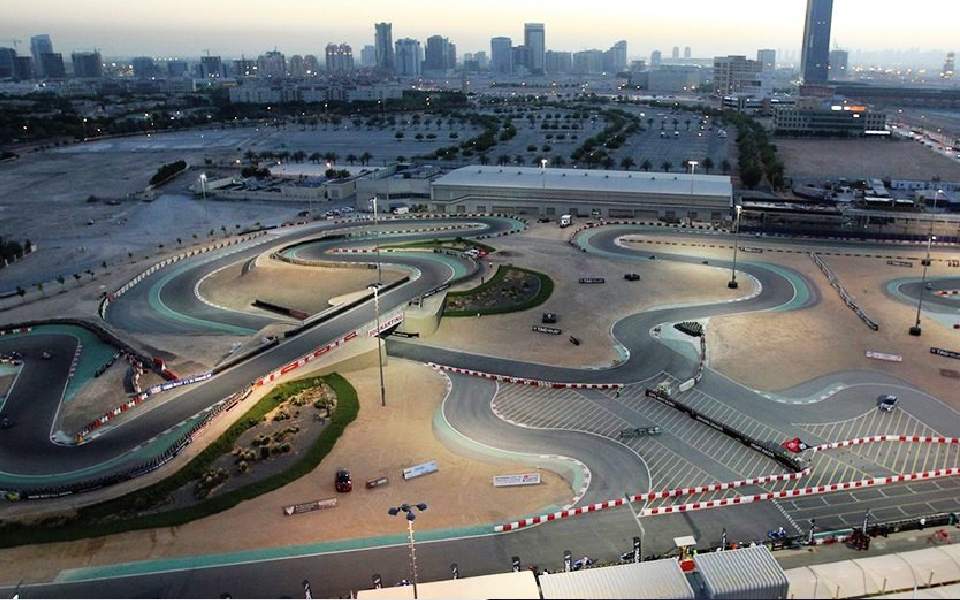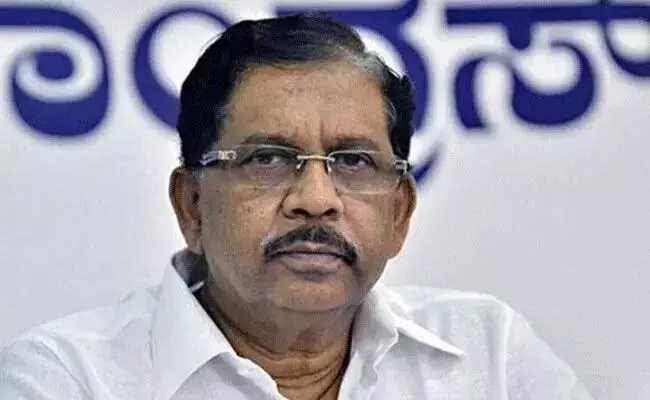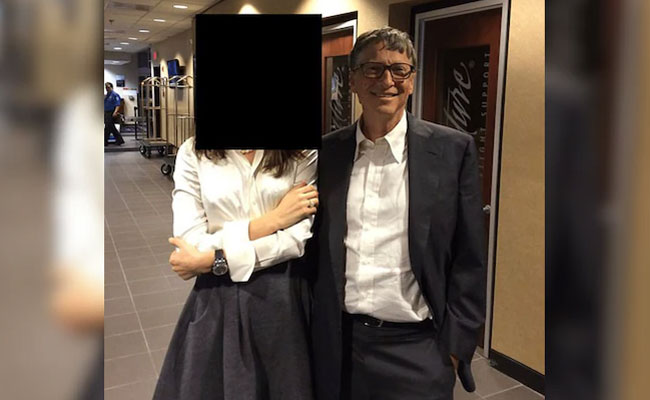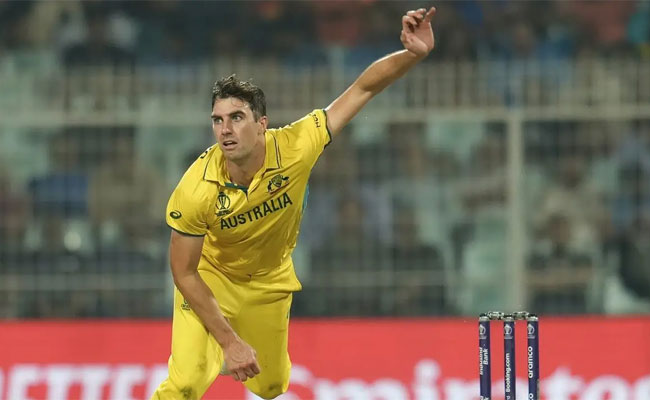Dubai, UAE: DSBK Racing is all set to launch the highly anticipated DSBK Middle East Championship 2024-2025, marking a major event in the region’s motorsports calendar. The championship will kick off on 26th October 2024 at the renowned Dubai Autodrome, offering a full day of high-octane superbike action. With top racers from around the globe expected to compete, this premier championship promises intense competition, electrifying speed, and a vibrant atmosphere that caters to both motorsport enthusiasts and families alike.
The DSBK Middle East Championship, which is the only Superbike Championship in the UAE, has quickly established itself as a benchmark in the world of motorcycle racing. The opening event on 26th October will feature two thrilling races with 20 racers representing diverse nationalities. The day’s schedule will begin with warm-up and qualifying sessions at 10:00 AM, followed by the races at 12:00 PM and 2:50 PM, each covering 12 laps on the National Circuit at Dubai Autodrome.
The event promises to be a crowd-puller, offering free entry and parking to all spectators. A family-friendly environment has been created with a dedicated children’s play area, live DJ performances, and a wide variety of food trucks. Fans will also have the chance to meet and greet their favorite racers and influencers, participate in a photo booth session, and witness an award ceremony to honor the day’s champions.
One of the standout aspects of this championship is the vision of DSBK Racing’s founder, Nasir Syed, a celebrated bike racer with 38 podium finishes. Nasir, a Kannadiga NRI based in Dubai, emphasized that the DSBK Middle East Championship is not just about racing, but about promoting responsible riding and fostering a safer environment for all biking enthusiasts. “Our goal is to make DSBK Racing a permanent fixture in the region’s motorsports calendar, while also encouraging riders to be more aware of road safety and responsible practices,” Nasir said, sharing his long-term vision for the championship.
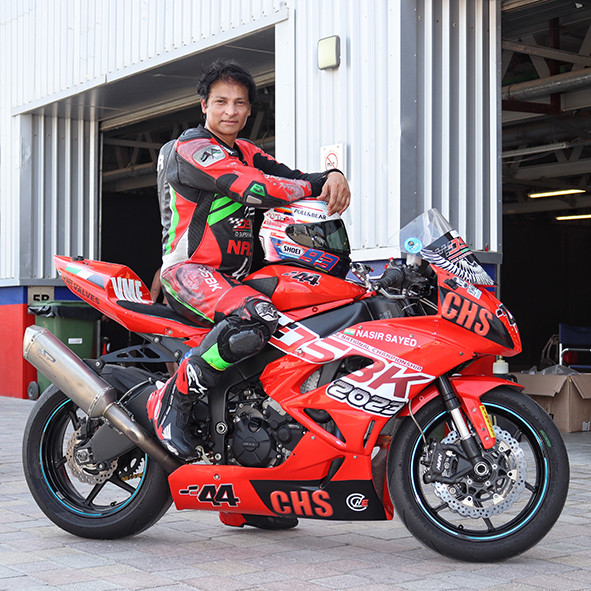
Nasir Syed
Nasir, who manages several successful businesses in Dubai, including CHS Creative House and VME Valves Factory LLC, has made a mark on the superbike racing scene. His journey into the sport began after he moved to Dubai, where his passion for racing flourished despite the risks and high costs associated with it. His perseverance has paid off, and today, Nasir is recognized as an international superbike champion, having won 38 professional races. He has competed in prestigious events such as the UAE National Championship and the Bahrain Superbike Championship, earning a reputation as a top-tier racer in the region.
This year’s championship also includes several exciting announcements. DSBK Racing will be launching the UAE’s first-ever superbike training academy, aimed at nurturing the next generation of talented riders. The DSBK Racing Academy will provide aspiring racers with the tools and training they need to excel in the sport. In addition, DSBK Racing continues to focus on community engagement, building a strong network of riders, motorsport fans, and families who can enjoy a fun-filled day of racing and entertainment.
The DSBK Middle East Championship 2024-2025 will consist of five rounds, with the first round scheduled at the Dubai Autodrome, followed by a debut event at Yas Marina Circuit in Abu Dhabi on 9th November 2024. Subsequent rounds will take place in February, April, and again in April 2025 at various circuits across Dubai.
Let the Truth be known. If you read VB and like VB, please be a VB Supporter and Help us deliver the Truth to one and all.
Bengaluru (PTI): Karnataka Home Minister G Parameshwara on Saturday said the police have been directed to conduct an inquiry into the circumstances that led to the "suicide" of Confident Group chairperson C J Roy, who allegedly shot himself dead his office here when I-T officials were present in connection with earlier searches.
Speaking to reporters, Parameshwara said the Income Tax Department had earlier conducted searches at Roy's company and were in the process of completing statutory procedures.
"There was a raid in his company in December (last). There is a rule that within 60 days a charge sheet has to be filed in the court. They had to finalise before February 4. Hence, he was summoned," he said.
Roy had recently returned from abroad and was cooperating with the authorities, he added.
"Three days ago, he had returned from Dubai. The I-T officials went to his office to record his statement. He too responded to it," Parameshwara said.
"In the meantime, Roy told the officials that he would be back in five minutes but he did not return even after 20 minutes. Then his suicide came to the notice."
Parameshwara said he has ordered a police inquiry into the incident.
"I have directed police officials to conduct an inquiry into the circumstances that led to the incident. Things will be clear only after the report comes out," he said.
He added that Roy's family has linked the incident to the I-T action. "Roy's brother has also given a statement that this incident happened due to I-T raids. Our police officers haven't looked into it from that aspect," he said.
When asked whether there was any political angle to the increasing Income Tax raids, the HM declined to speculate.
"As the Home Minister I would not say anything more than it," he said.
Clarifying on the scope of the probe, Parameshwara said, "Police will only investigate the suicide case. If something else emerges then that will also be investigated."
Real estate tycoon Roy, who was in his late 50s, suffered bullet injuries from his licensed firearm at his office near Richmond Circle in the city.
Soon after a gunshot was heard, staff members rushed to his room and found him lying in a pool of blood. He was immediately taken to a hospital, where doctors declared him dead.
I-T sources said searches on Roy's premises had begun about two months ago.
Roy's brother has alleged that he might have taken the extreme step due to pressure from the central agency.
Roy was originally from Kerala.

